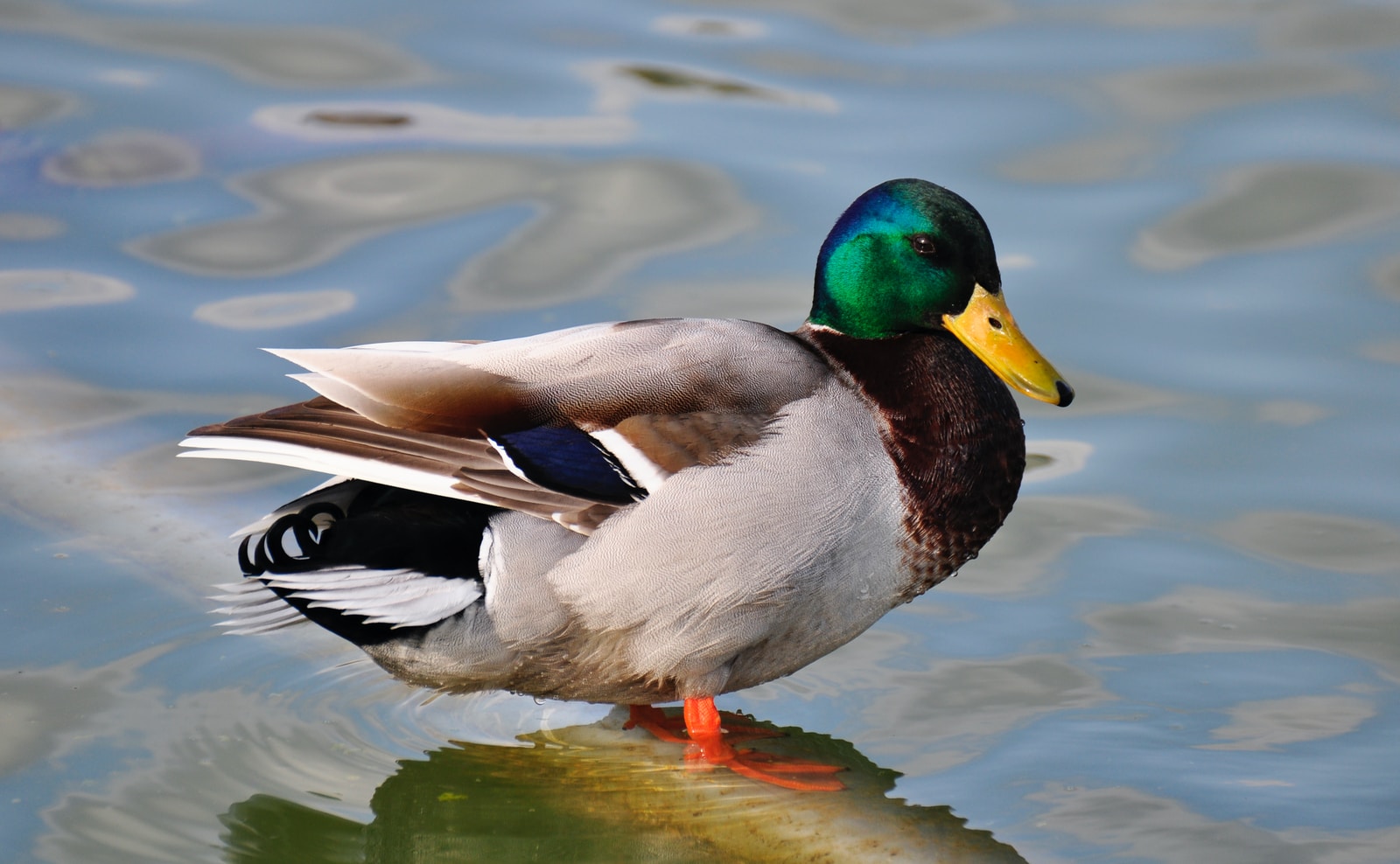OPINION
Like water off a duck’s back is an old saying for a very good reason. Water really does seem to slide off the feathers of a duck almost by magic. As Professor Julius Sumner-Miller used to say famously ask, Why is it so?
This is not an inconsequential question: figuring out why some surfaces just seem to repel water can have enormous practical benefits. Imagine, for instance, a clothing material that just shed wine spills like, well, water off a duck’s back.
Such a miracle material may, in fact, not be far off.
Researchers have developed a new mechanism to make water droplets slip off surfaces, described in a paper published in Nature Chemistry. The discovery challenges existing ideas about friction between solid surfaces and water and opens up a new avenue for studying droplet slipperiness at the molecular level. The new technique has applications in a range of fields, including plumbing, optics, and the auto and maritime industries.
All around us, water is always interacting with solid surfaces. Cooking, transportation, optics and hundreds of other technologies are affected by how water sticks to surfaces or slides off them. Understanding the molecular dynamics of these microscopic droplets helps scientists and engineers find ways to improve many household and industrial technologies.
Weird as it may seem, the new, super-repellent materials work by being a lot like liquids themselves.
Liquid-like surfaces are a new type of droplet-repellent surface that offer many technical benefits over traditional approaches — a topic recently reviewed in Nature Reviews Chemistry by Aalto University professor Robin Ras. They have molecular layers that are highly mobile yet covalently tethered to the substrate, giving solid surfaces a liquid-like quality that acts like a layer of lubricant between the water droplets and the surface itself. A research team led by Ras used a specially-designed reactor to create a liquid-like layer of molecules, called self-assembled monolayers (SAMs), on top of a silicon surface.
Even more strangely, the effectiveness of the amount of coverage by the SAMs is opposite to the “not too little, not too much” adage.
By carefully adjusting conditions such as temperature and water content inside the reactor, the team could fine-tune how much of the silicon surface the monolayer covered […]
‘The results showed more slipperiness when SAM coverage was low or high, which are also the situations when the surface is most homogeneous. At low coverage, the silicon surface is the most prevalent component, and at high, SAMs are the most prevalent.’
‘It was counterintuitive that even low coverage yielded exceptional slipperiness,’ [doctoral researcher Sakari Lepikko, lead author of the study] continues.
At low coverage, water flows freely between the molecules of the SAM, sliding off the surface. Conversely, when the SAM coverage is high, the water just stays on top of the SAM, and… slides right off.
“It’s only in between these two states that water adheres to the SAMs and sticks to the surface.”
The new method proved exceptionally effective, as the team created the slipperiest liquid surface in the world.
Okay, so what’s the use of it?
The discovery promises to have implications wherever droplet-repellent surfaces are needed. According to Lepikko, this covers hundreds of examples from daily life to industrial solutions.
‘Things like heat transfer in pipes, de-icing and anti-fogging are potential uses. It will also help with microfluidics, where tiny droplets need to be moved around smoothly, and with creating self-cleaning surfaces. Our counterintuitive mechanism is a new way to increase droplet mobility anywhere it’s needed,’ Lepikko says.
Science Daily
At the moment, the big issue is durability. Because the SAM coating is so thin, it wears off very easily. The team hopes that by continuing to study them, they can figure out how to make durable, practical applications.
Imagine, for instance, your car having that just-waxed shininess that water just slides off from — for good.

